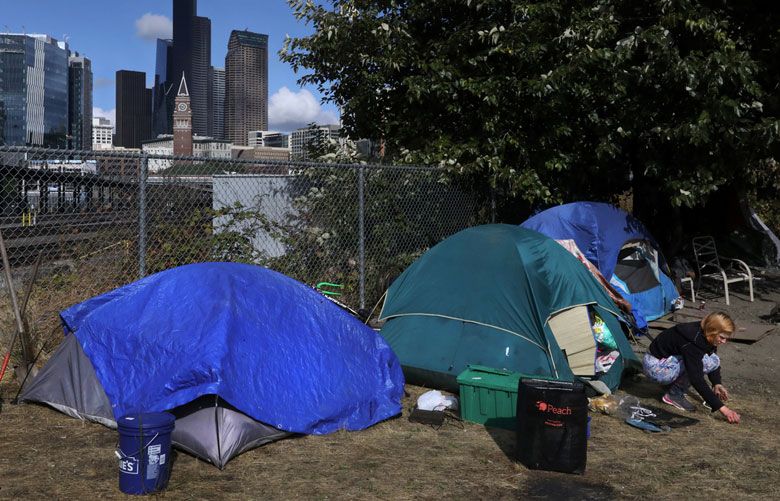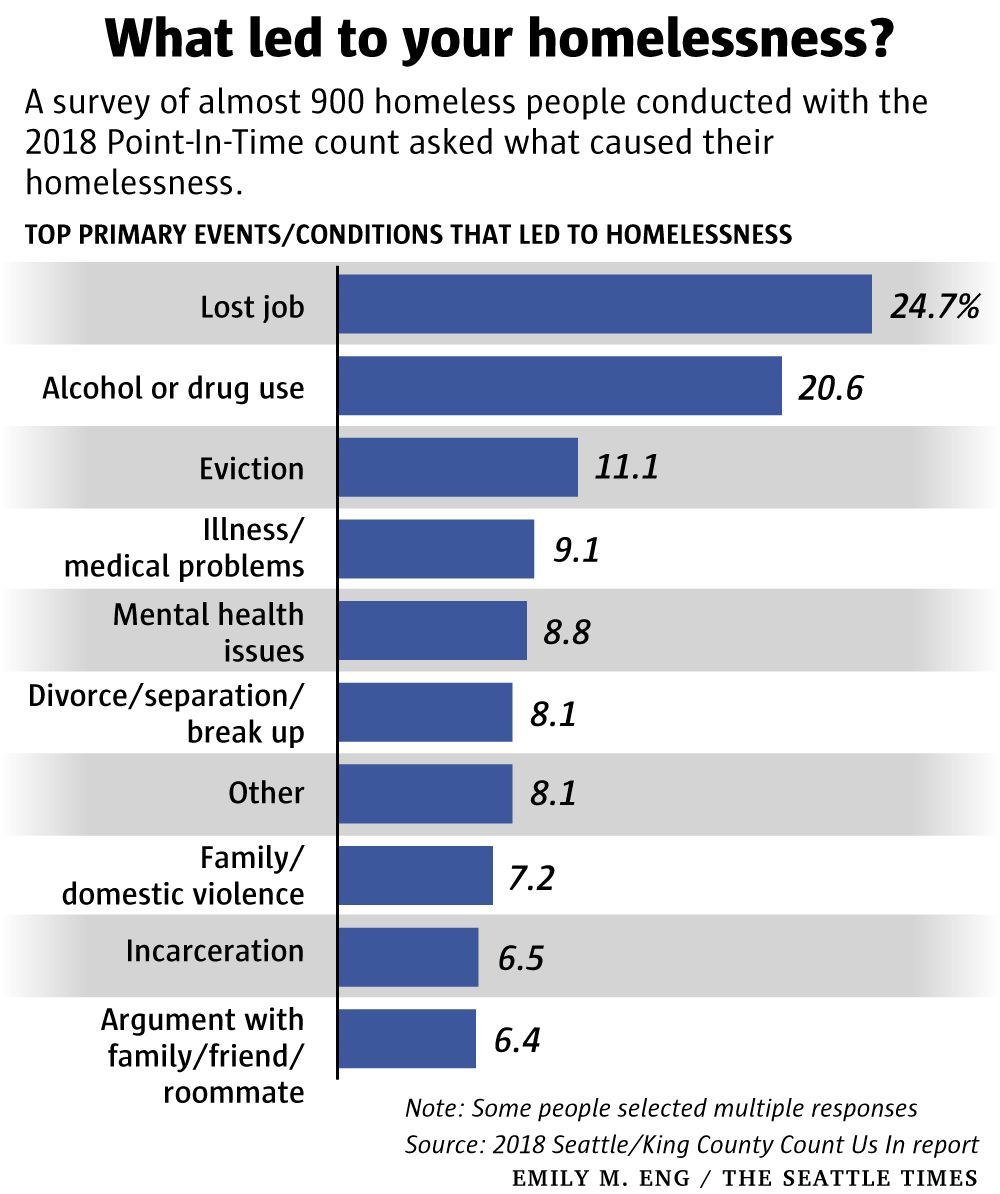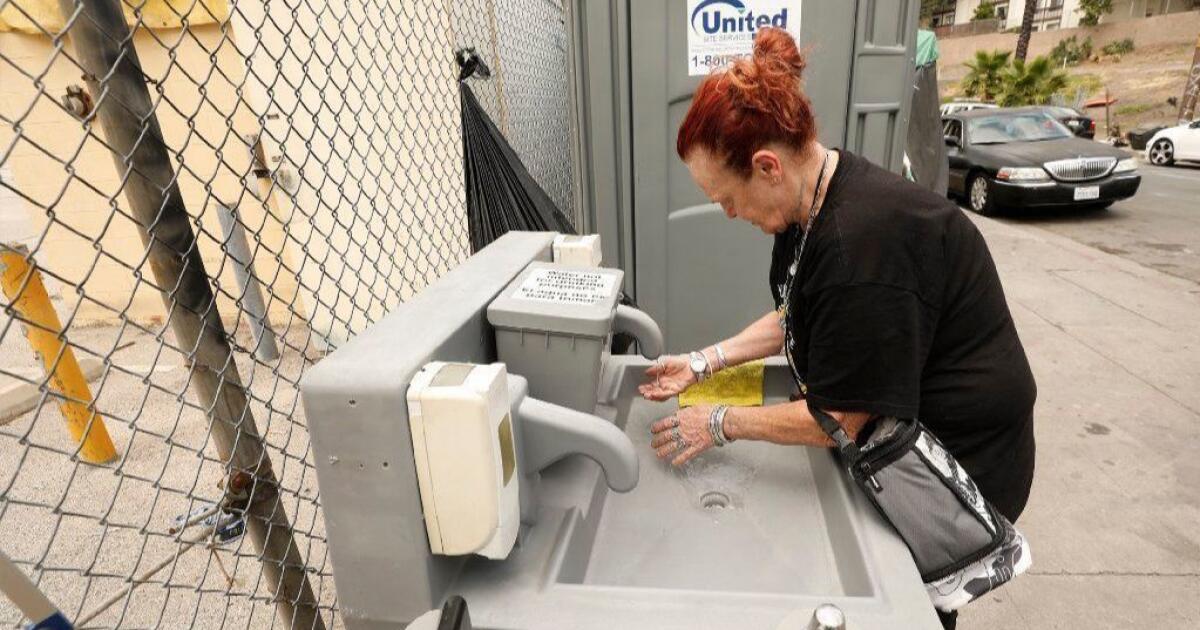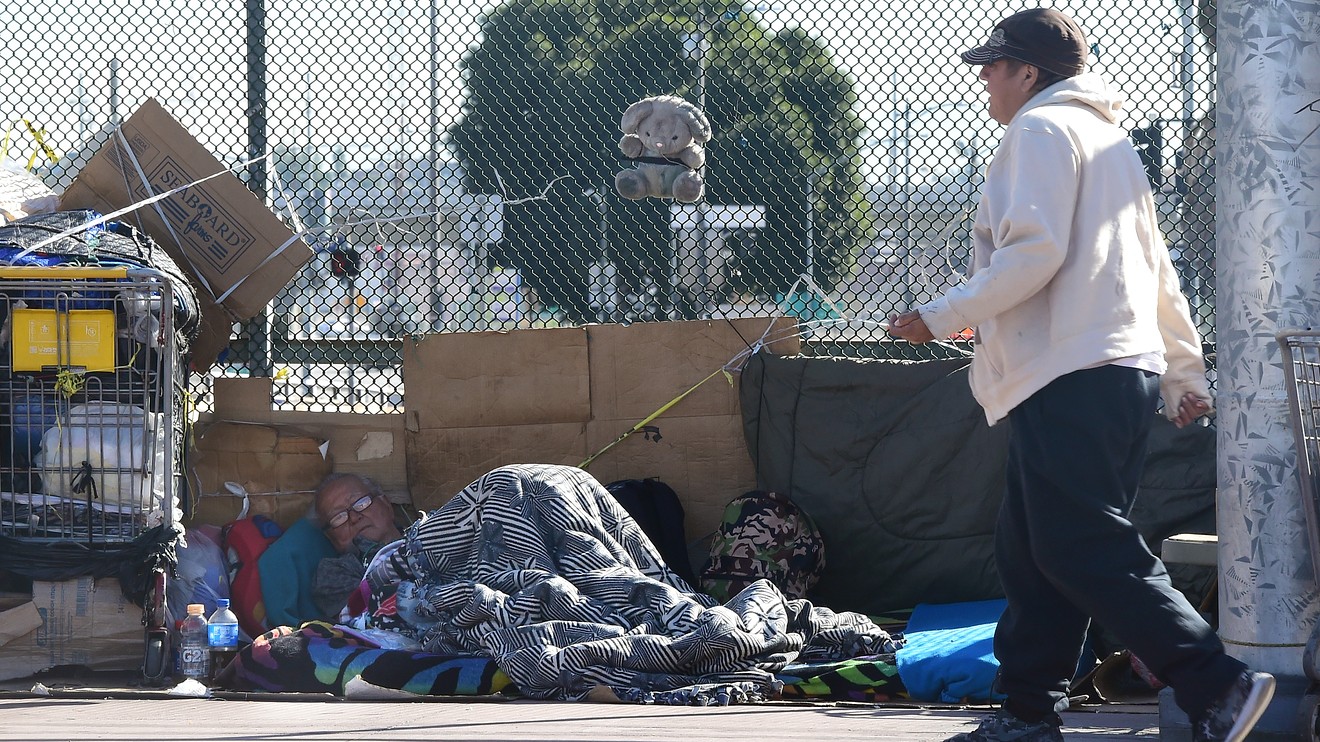Offline
Don't be sorry, just read more carefully.I think you are associating mass shooters, that have the primary purpose of bringing attention to a perceived, just cause, with criminals such as these, that apparently are selling and pushing their drugs, for profit and corrupting others and affecting so many others indirectly, with their criminal activity. And they apparently, are willing to take out police and authorities, intent on bringing them to justice. Apples and oranges, when it comes to what you have stated. Sorry.
I was responding to the comment that mass shooters are categorically mentally ill. That person lumped them all together. Everything I said is true for the vast majority of mass shooters.
Is it your contention that all mass shooters suffer from a severe mental illness? Is it your contention that most mass shooters are criminal drug runners?
And for the sake of clarity, a mass shooter is someone that shoots and kills as many people as they can in a public space without any preceding criminal and law enforcement activity.
Last edited:







